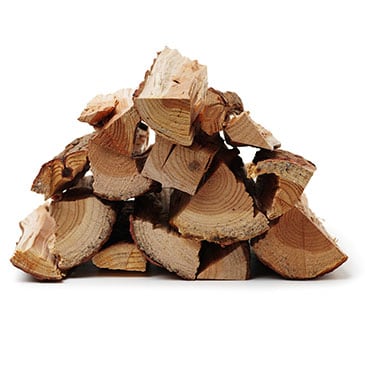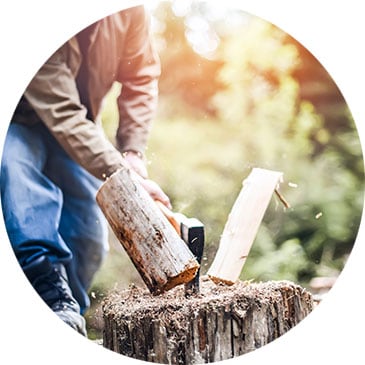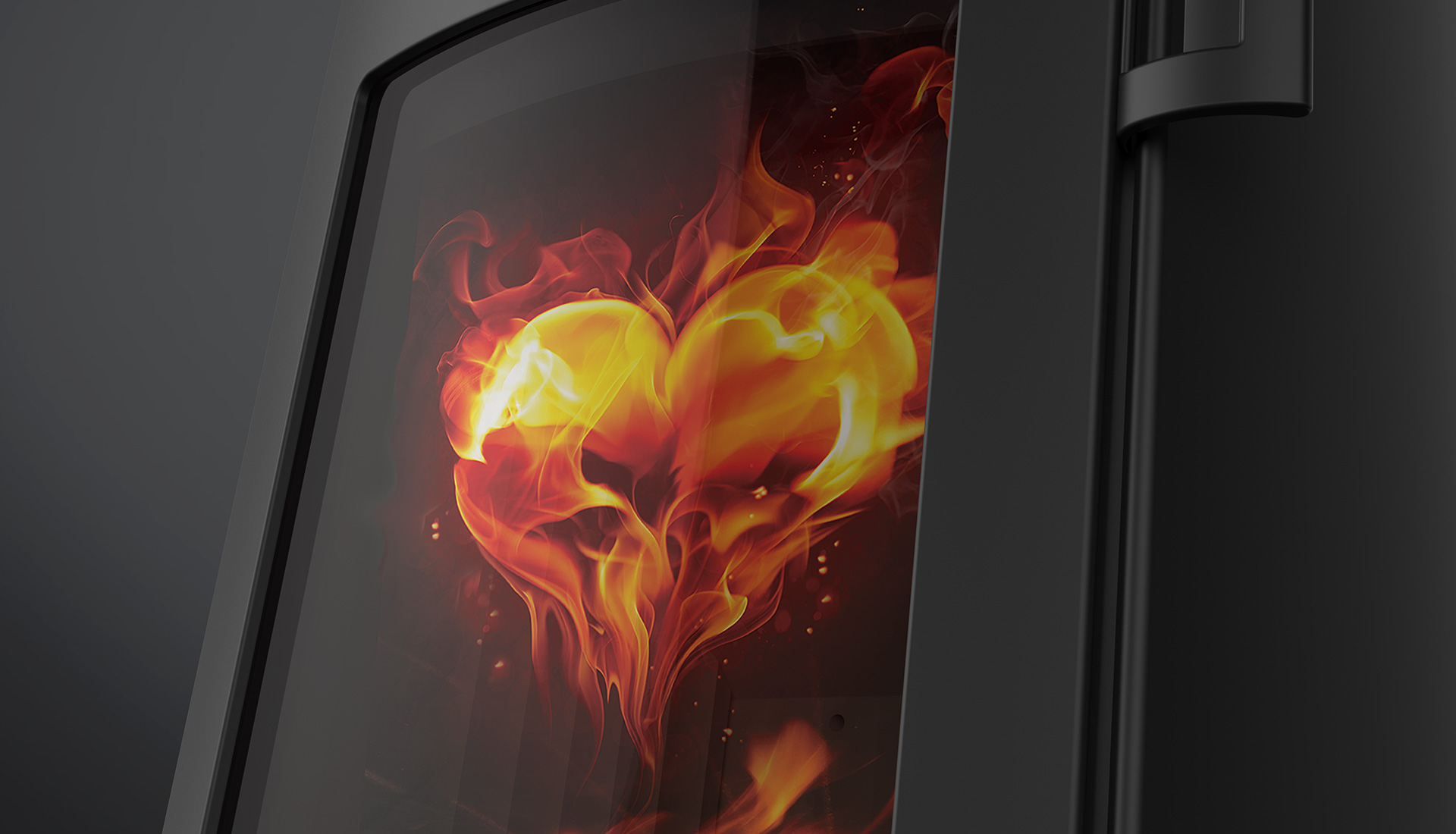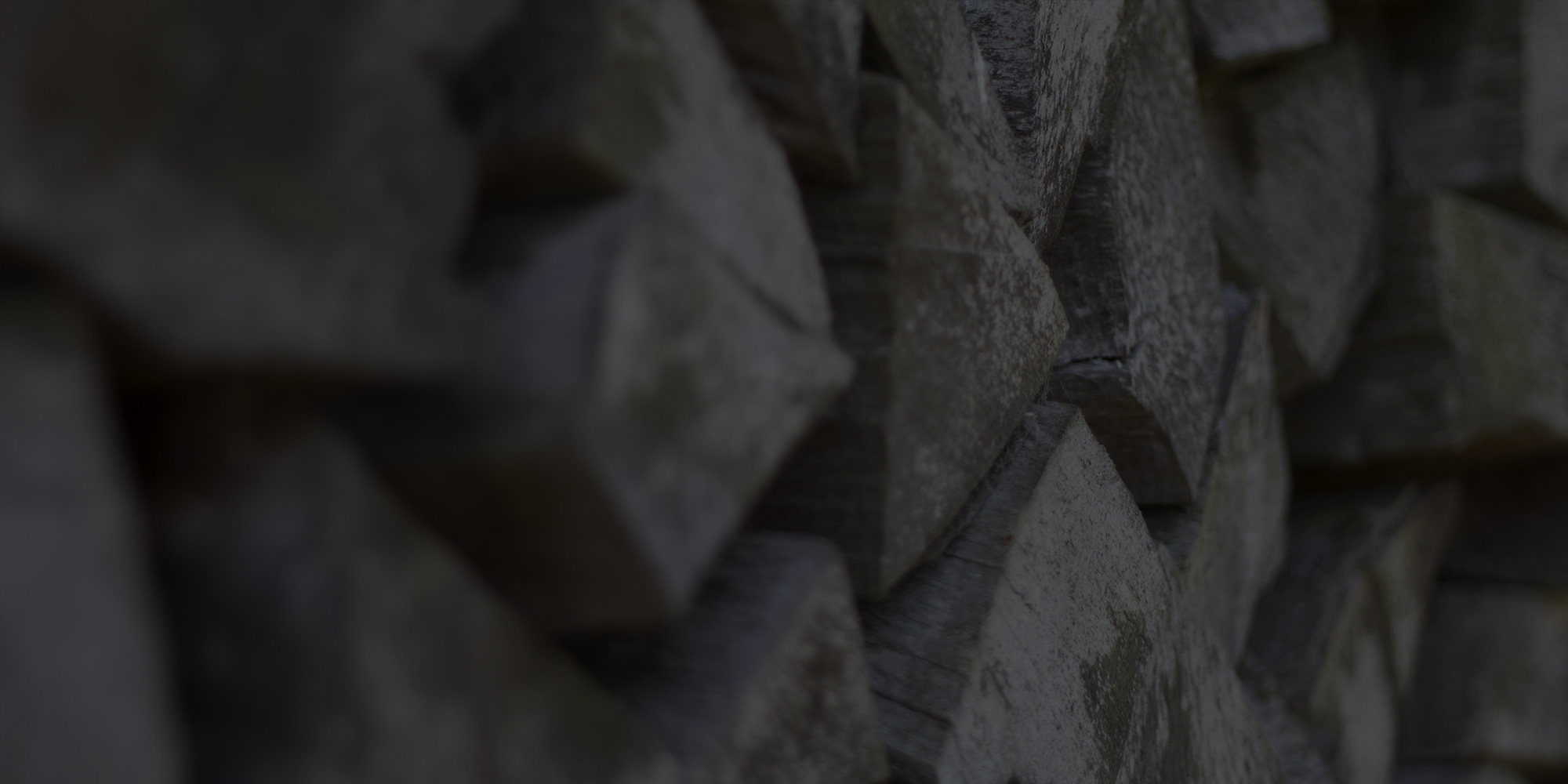Good firewood is essential for environmentally friendly and economical burning
All tree species are good fuel
In general, there are no tree species that are better than others for wood-burning stoves. But because there is a difference in the weight of tree species, there is also a difference in how they burn. Light wood species are both easier to split and easier to ignite, and are therefore suitable for lighting your stove. On the other hand, they burn faster than heavy wood species and provide somewhat less heat. Therefore, it is common sense to combine light and heavy wood species if you want to burn economically.
Birch, beech, oak, ash, elm and fruit trees are all suitable as firewood.
Pressure-treated wood, chipboard, coloured brochures or glossy paper, on the other hand, are no-go for a wood-burning stove! They develop hydrochloric acid or heavy metals to the detriment of the stove and the environment.
Firewood for your Lotus stove should have a diameter of 7-9 cm and a maximum length of approx. 30 cm, as the logs will otherwise get too close to the sides of the stove.

Good firewood is dry firewood
Good firewood and burning are essential when it comes to wood-burning stoves. You can store your firewood outside all summer under a roof or tarpaulin (remember that the wood must be well aired at the sides). The most important thing is that the wood is stored dry. When the autumn weather sets in, the wood can absorb water from the air. Lighting your stove with wet firewood is not only harmful for the environment but also for your stove and your chimney.
The moisture in the wood should be 15 to 20%.
Fresh wood that has been sawn and split must be left under a roof for 1 to 2 years with ventilation, depending on the type of wood.
Wood – and only wood
It is important to remember that burning milk cartons or other household waste is harmful to both the environment and the wood-burning stove. This also applies to burning pressure-treated or otherwise treated wood. Therefore, use only dry untreated wood on your stove and leave the household waste to the waste service.
Bad firewood can: create soot in the chimney and on the glass door, make it difficult to light, make the smoke smell, cause unclean combustion and thus poor heating economy.



